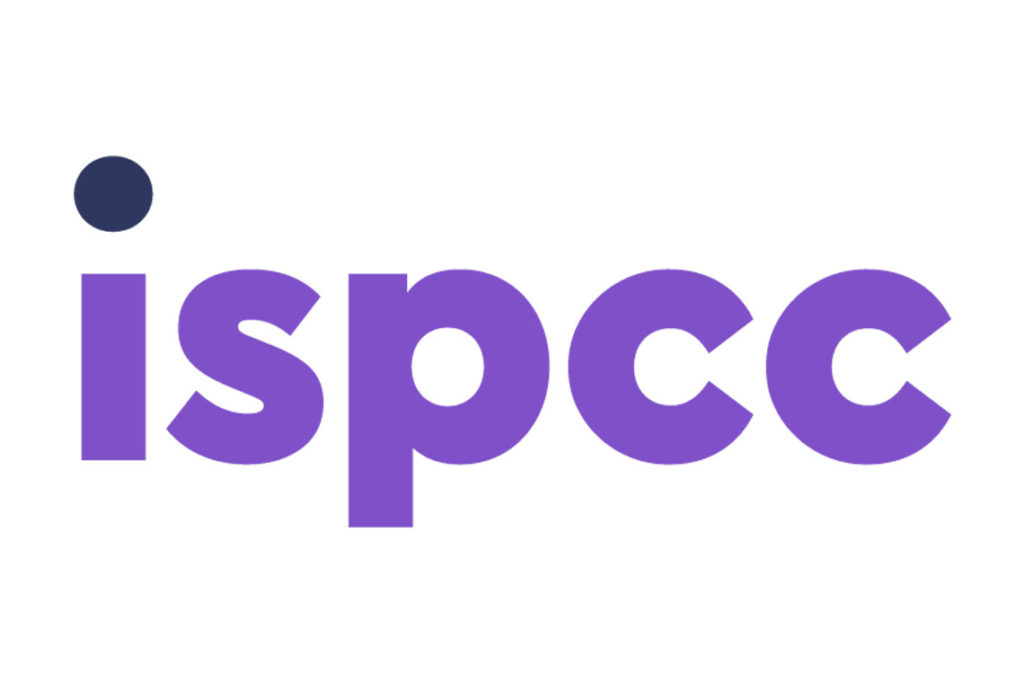
The ISPCC has called on Government to recognise the need for a national strategy for responding to child sexual abuse, violence and exploitation.
The importance of such a strategy was outlined by the organisation as they commended Professor Conor O’Mahony on the publication of his first report as Special Rapporteur on Child Protection.
The ISPCC also welcomed the announcement by Justice Minister Helen McEntee of Government approval for the ratification of the Council of Europe Convention on the Protection of Children against Sexual Exploitation and Sexual Abuse (the ‘Lanzarote Convention’).
ISPCC Chief Executive John Church said: “Professor O’Mahony’s first report as Special Rapporteur is to be welcomed, and includes timely observations on Ireland’s child protection system.
“Our child protection system is inhibited in its endeavours to function efficiently due to under-resourcing at key stages, as outlined by the report, while also acknowledging the progress that has been made. The concerns highlighted have particular consequences for several groups of children in Ireland, but in particular those who are vulnerable to sexual abuse and sexual exploitation. Child protection is everyone’s responsibility – we can play a role by being alert to those who may be at risk and taking appropriate action to help ensure they can be safe.
“The report also notes how some children are at risk of trafficking into and within the country, which additionally gives rise to concern.
“Through our work with children and families, we know that, where it happens, child sexual abuse can have a devastating and long-lasting impact, and is listed as one of the Adverse Childhood Experiences (ACEs). Where children have the courage to speak out, they should be afforded the best and most efficient care pathway. They ought to have timely and appropriate access to care in a location near to them.
“The ISPCC supports the scaling up on the Onehouse project as the national service for children and families who experience sexual abuse, as piloted in Galway in September 2019. This model offers co-location of investigative and therapeutic supports, along with joint interviewing – which importantly avoids the child having to re-tell their experience to several different professionals, on several different occasions, at several different locations.
“There is broad agreement that Ireland must get better at collecting disaggregated data on child sexual abuse if we are to create fit-for-purpose policy responses. The recognition of – and prevalence of – child sexual abuse is one of the last taboos we must tackle. Minister McEntee’s pivotal announcement today regarding the Lanzarote Convention should give Ireland the impetus to use this framework to create public awareness of the issue and to go some way towards addressing the observations and recommendations set out in the Special Rapporteur’s report.
“In its exploration of how cases of historical and institutional abuse in this country have been addressed, Professor O’Mahony’s report serves as a powerful reminder of Ireland’s bleak past in this area. As a society, we have important questions to ask ourselves in terms of how we treat children. Sexual abuse, as with any abuse of any other nature, is a heinous crime.
“It is now time for the Government to show leadership on this by recognising the need for a national and multi-agency strategy for responding to child sexual abuse, violence and exploitation, as recommended by the Garda Inspectorate. This would be a key step towards realising Sustainable Development Goal 16.2 to end abuse, exploitation, trafficking and all forms of violence against and torture of children.
“We look forward to reading the report in further detail and absorbing its learnings.”
